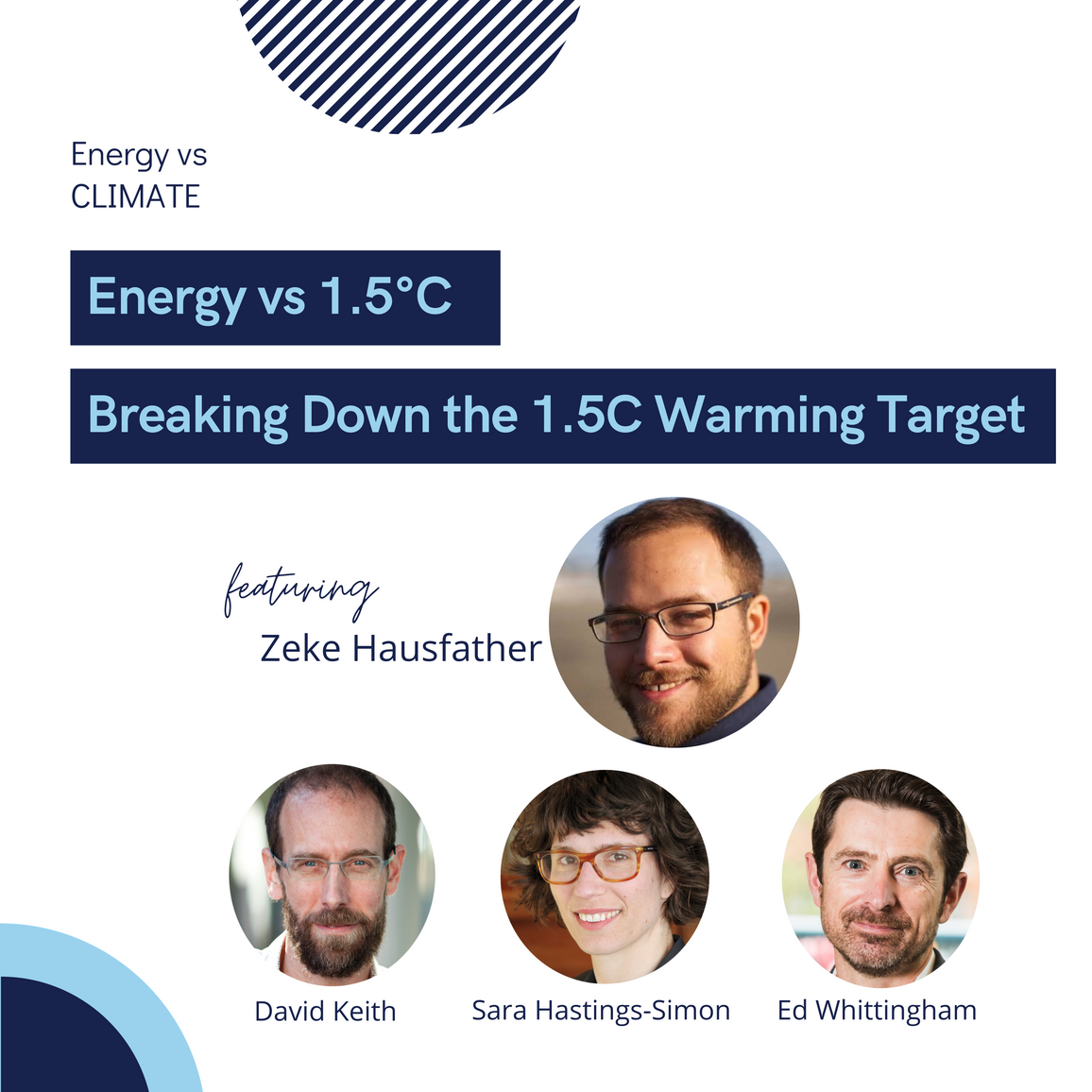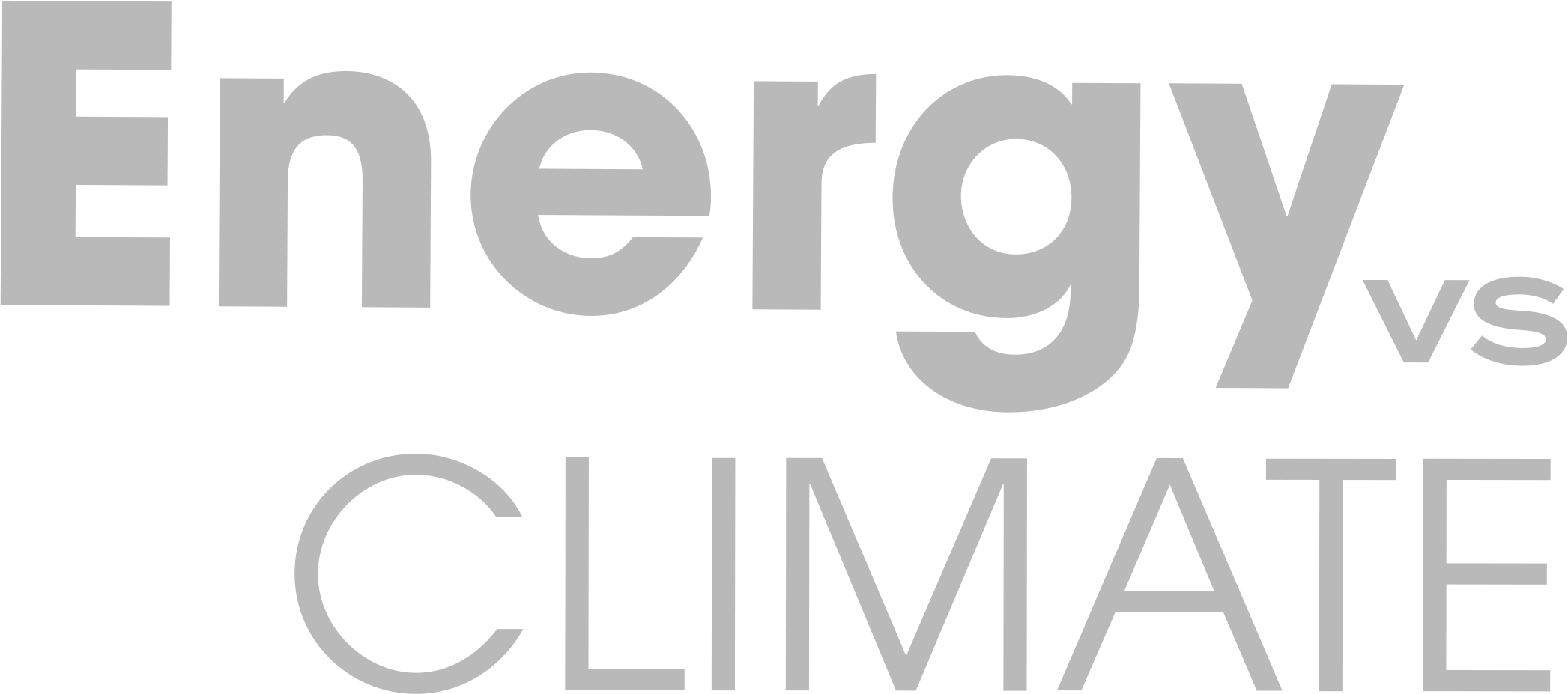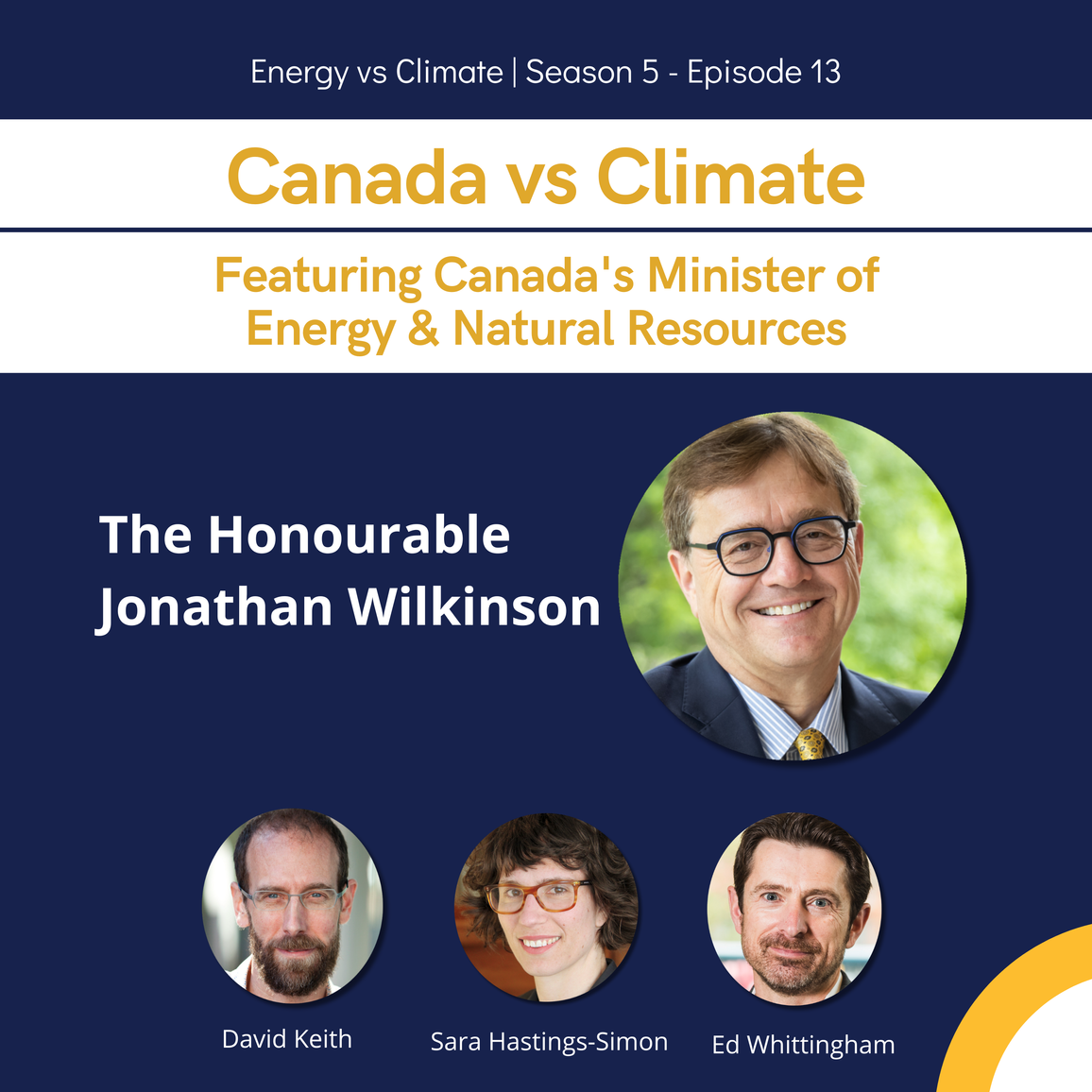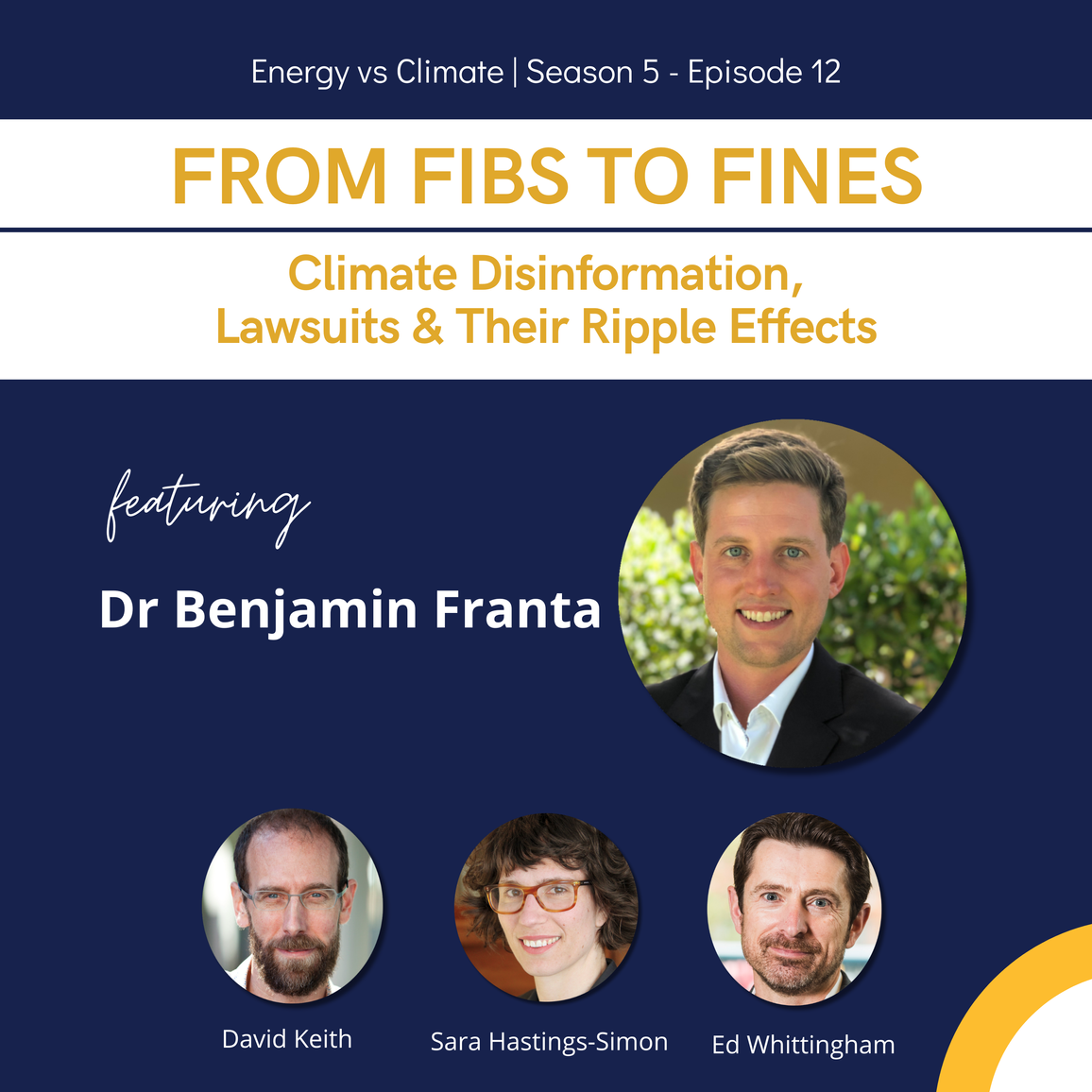Energy vs 1.5°C - Breaking Down the 1.5C Warming Target

The overall goal of the Paris Agreement, an international treaty on climate change adopted by 196 Parties at COP21 in Paris, is to hold “the increase in the global average temperature to well below 2°C above pre-industrial levels” and pursue efforts “to limit the temperature increase to 1.5°C above pre-industrial levels.” Since coming into force in 2016, world leaders have increasingly emphasized the need to keep warming to the 1.5°C target by the end of this century, in order to avoid more dangerous impacts from climate change.
Yet temperature readings around the globe show that the world has already warmed by roughly 1°C on average above pre-industrial levels. Many models suggest we will very likely exceed 1.5°C of warming, possibly in the next 5-10 years, in the absence of aggressive worldwide action to reduce emissions and (perhaps) engineer the climate. While we have made much progress, unfortunately the world is nowhere close to that level of action.
So does the 1.5°C target still make sense if overshoot seems almost certain? Is it a science-based target or a political target - and even a reasonable and just target in the first place? Is the target about holding the line at 1.5°C or getting it back down to 1.5°C by 2100? When are we likely to exceed it, how will we know, and what will be the physical and political consequences of missing it?
On S5E2 of Energy vs Climate, David, Sara, Ed, and climate scientist Zeke Hausfather of Stripe and Berkeley Earth discuss all things 1.5°C.
EPISODE NOTES
0:36 – Key Aspects of the Paris Agreement
1:23 – Climate Change: Global Temperature
2:16 – Zeke Hausfather - Berkeley Earth
5:37 - Earth likely to cross critical climate thresholds even if emissions decline, Stanford study finds
7:07 – 10 Big Findings from the 2023 IPCC Report on Climate Change
8:25 – Adrien Abécassis - COP 27 Debrief
10:16 – The Berkeley Earth Land/Ocean Temperature Record - Rohde and Hausfather (2020)
12:21 – Near-term acceleration in the rate of temperature change - Smith, et al (2015)
15:05 – How low-sulphur shipping rules are affecting global warming
15:12 – Tonga Eruption Blasted Unprecedented Amount of Water into Stratosphere
23:00 – Solar Geoengineering - should we go there?
33:07 – Energy implications of future stabilization of atmospheric CO2 content (Hoffert et all)
51:51 – Prevalence and predictors of wind energy opposition in North America - Stokes, et al (2023)
55:12 – Invisible ship tracks show large cloud sensitivity to aerosol - Manshausen, et al (2022)
About your co-hosts:
Dr. Zeke Hausfather's research focuses on observational temperature records, climate models, and mitigation technologies. He spent 10 years working as a data scientist and entrepreneur in the cleantech sector, where he was the lead data scientist at Essess, the chief scientist at C3.ai, and the cofounder and chief scientist of Efficiency 2.0. Currently, he is a research scientist with Berkeley Earth, Climate Lead at Stripe, and the US analyst for Carbon Brief. He has masters degrees in environmental science from Yale University and Vrije Universiteit Amsterdam and a PhD in climate science from the University of California, Berkeley.
David Keith is Professor and Founding Faculty Director, Climate Systems Engineering Initiative at the University of Chicago. He is the founder of Carbon Engineering and was formerly a professor at Harvard University and the University of Calgary. He splits his time between Canmore and Chicago.
Sara Hastings-Simon studies energy transitions at the intersection of policy, business, and technology. She’s a policy wonk, a physicist turned management consultant, and a professor at the University of Calgary and Director of the Master of Science in Sustainable Energy Development.
Ed Whittingham is a clean energy policy/finance consultant, fellow at the Public Policy Forum and a mentor with the Creative Destruction Lab. He is the former executive director of the Pembina Institute.


